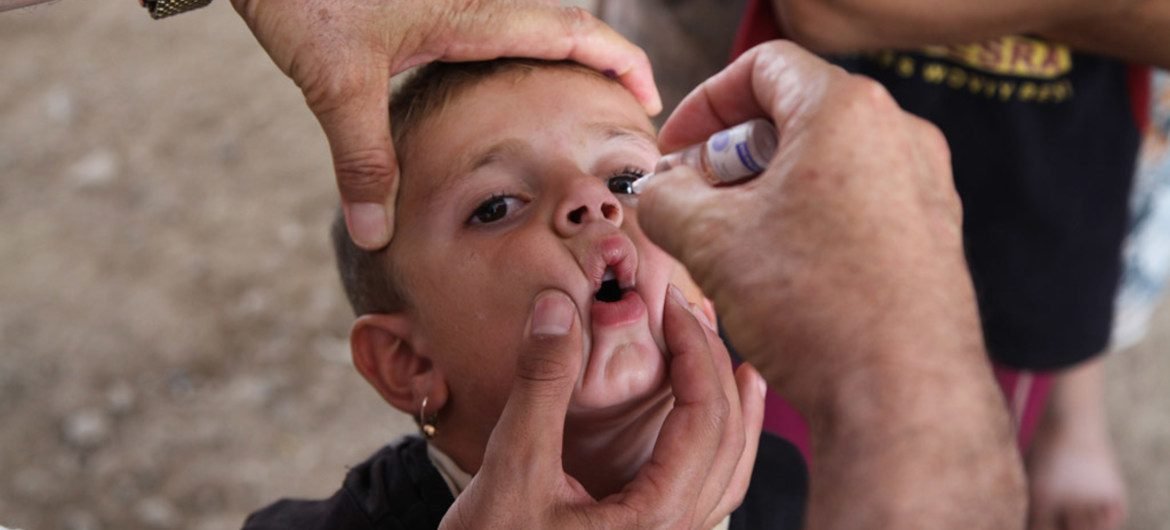San José, Aug 25 (elmundo.cr) – Although for most Costa Ricans the issue of polio could belong to a foreign moment in their history, the truth is that this disease still remains endemic in some countries.
In addition, if one adds that countries in the region, frequent destinations for many Costa Ricans, do not comply with the surveillance standards established by the World Health Organization (WHO) for this disease, the risk of contagion for our country due to importation of the virus concerns the competent authorities.
Highlights:
According to data provided by the Epidemiological Surveillance vaccine team, total pentavalent vaccine coverage applied by the CCSS ranging from 90% to 96% is observed, and some regions with coverage lower than 90%. This is according to coverage adjusted to the first half of 2023. In the first dose of pentavalent, only the North Central and Central Pacific regions have coverage greater than 90%. While for the second and third doses of pentavalent all have coverage greater than 90%. Although most of those who get infected with polio are asymptomatic, they are carriers of the disease, so they can infect other people who are susceptible, with 0.5% of those people who get sick having permanent leg paralysis. or arms, a disability or even death.
This was stated by Dr. Leandra Abarca, specialist in epidemiology of the sub-area of Epidemiological Surveillance of the CCSS, who also indicated that, “to this panorama, is added the fact that in recent years more than 20 countries in the world have reported cases by different types of polio virus. Among these: Algeria, Benin, Botswana, Burkina Faso, Cameroon, Canada, Central African Republic, Chad, Ivory Coast, Democratic Republic of the Congo, Djibouti, Egypt, Eritrea, Ethiopia, Ghana, Indonesia, Israel, Mozambique, Niger, Nigeria, Senegal, Somalia, Sudan, Togo, the United Kingdom of Great Britain and Northern Ireland, the United States of America, Yemen and Zambia, and in some countries where previously no cases were reported, cases are appearing again.
Dr. Abarca added that, “although our country has made extraordinary efforts in vaccination and epidemiological surveillance and managed to report the last case in 1973, we are still at risk of being able to have imported cases and the consequent transmission, since there are regions of the country who report vaccinations against this disease below the optimal values that are 95% or more”.
The specialist reminded the population that “poliomyelitis or polio, as it is commonly known, is a highly contagious disease that is transmitted from person to person from the feces of another infected person, water or food contaminated with feces of infected people ».
2023-08-25 15:00:00
#CCSS #calls #population #complete #vaccination #scheme #Polio

